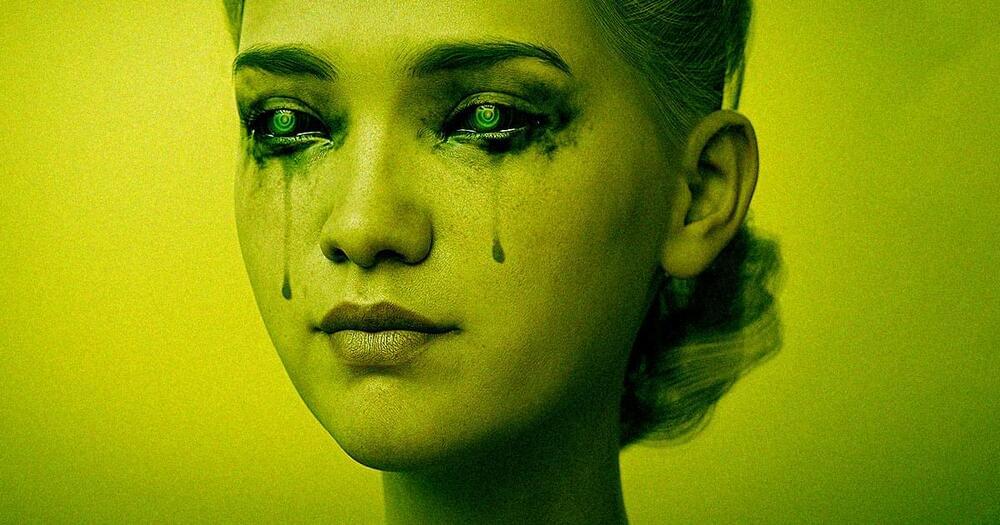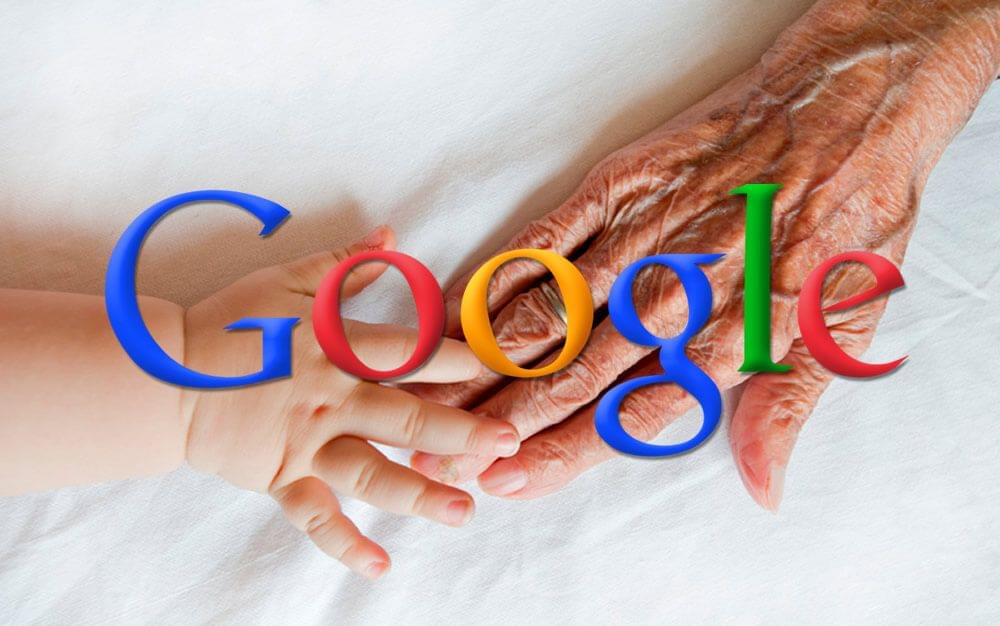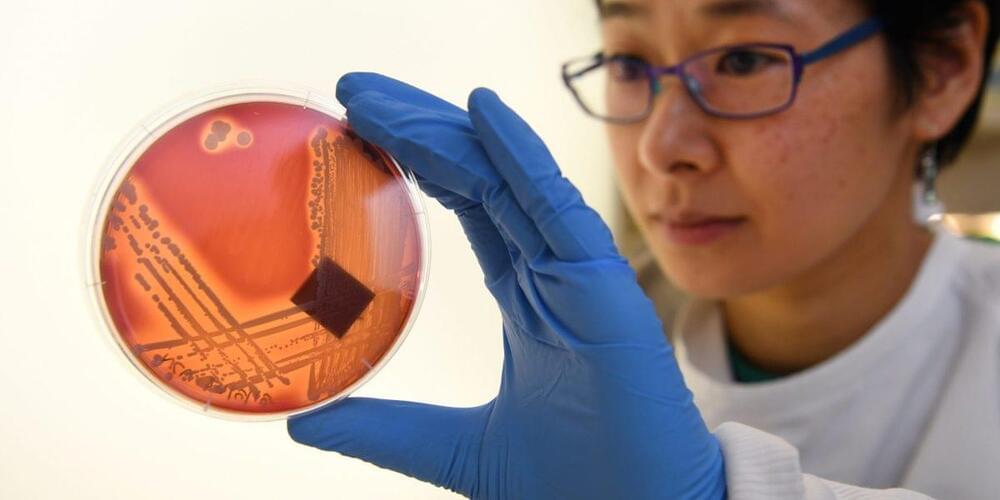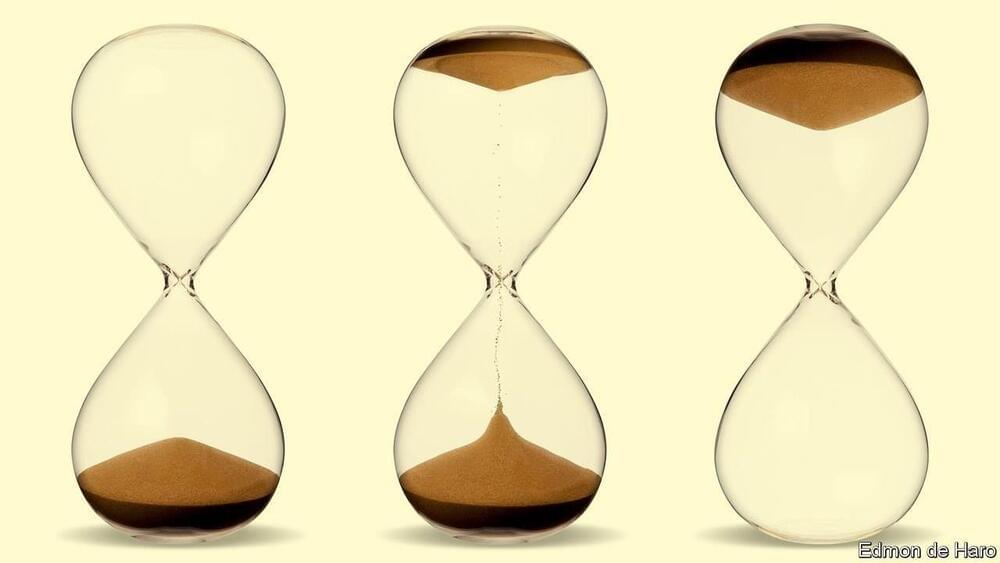Researchers from RIKEN and QuTech—a collaboration between TU Delft and the Netherlands Organisation for Applied Scientific Research (TNO)— have achieved a key milestone toward the development of a fault-tolerant quantum computer. They were able to demonstrate a two-qubit gate fidelity of 99.5 percent—higher than the 99 percent considered to be the threshold for building fault-tolerant computers—using electron spin qubits in silicon, which are promising for large-scale quantum computers as the nanofabrication technology for building them already exists. This study was published in Nature.
The world is currently in a race to develop large-scale quantum computers that could vastly outperform classical computers in certain areas. However, these efforts have been hindered by a number of factors, including in particular the problem of decoherence, or noise generated in the qubits. This problem becomes more serious with the number of qubits, hampering scaling up. In order to achieve a large-scale computer that could be used for useful applications, it is believed that a two-qubit gate fidelity of at least 99 percent to implement the surface code for error correction is required. This has been achieved in certain types of computers, using qubits based on superconducting circuits, trapped ions, and nitrogen-vacancy centers in diamond, but these are hard to scale up to the millions of qubits required to implement practical quantum computation with an error correction.
To address these problems, the group decided to experiment with a quantum dot structure that was nanofabricated on a strained silicon/silicon germanium quantum well substrate, using a controlled-NOT (CNOT) gate. In previous experiments, the gate fidelity was limited due to slow gate speed. To improve the gate speed, they carefully designed the device and tuned it by applying different voltages to the gate electrodes. This combined an established fast single-spin rotation technique using micromagnets with large two-qubit coupling. The result was a gate speed that was 10 times better than previous attempts. Interestingly, although it had been thought that increasing gate speed would always lead to better fidelity, they found that there was a limit beyond which increasing the speed actually made the fidelity worse.







